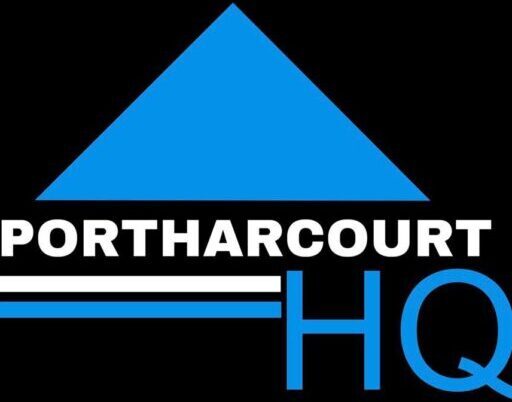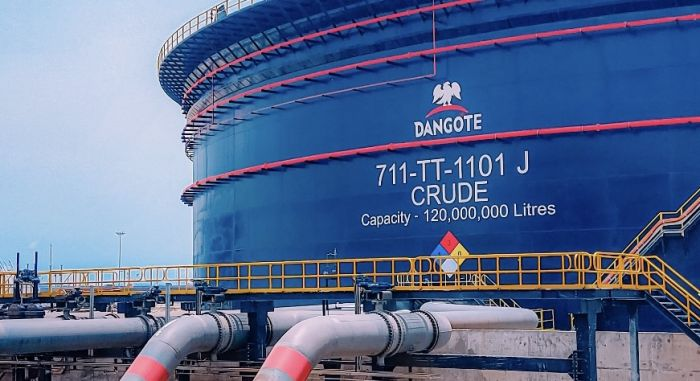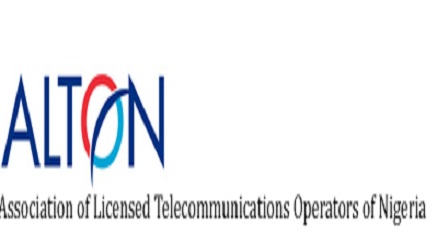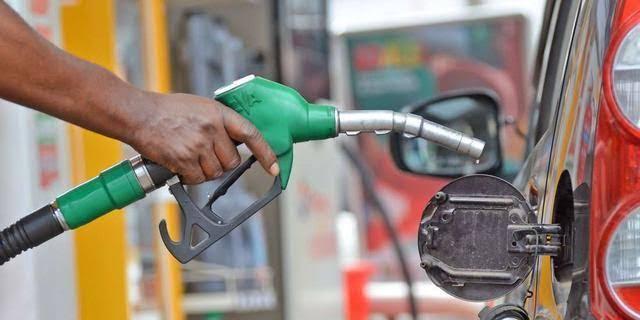4,000 CNG-powered tankers, credit facilities, and free logistics to reshape Nigeria’s energy market
In a major boost for Nigeria’s energy and economic landscape, the Dangote Petroleum Refinery has announced that it will begin the nationwide distribution of Premium Motor Spirit (PMS) and diesel starting August 15, 2025.
This marks a pivotal moment in Nigeria’s downstream oil sector, as the privately-owned refinery moves beyond production to an aggressive and inclusive national fuel distribution strategy.
Logistics-Driven Approach
Central to this rollout is a massive logistics investment by the refinery. A fleet of 4,000 newly procured Compressed Natural Gas (CNG)-powered tankers will be deployed across the country. These tankers will be complemented by over 100 additional CNG tankers and a network of CNG “daughter booster stations” to ensure efficient and clean energy transport.
In a consumer-friendly move, Dangote Refinery will offer free logistics for fuel deliveries, potentially reducing transportation costs that are typically passed on to end-users.
Flexible Payment Option for Bulk Buyers
In another groundbreaking initiative, the company will also offer credit facilities to major purchasers. Buyers who acquire a minimum of 500,000 litres of fuel will be entitled to an extra 500,000 litres on a two-week credit, subject to providing a valid bank guarantee.
Registration for this offer is currently ongoing and will continue until August 15, with Know Your Customer (KYC) verification required for all participants.
What This Means for Nigeria
The refinery’s move into direct distribution could reshape Nigeria’s economic dynamics. Analysts and stakeholders are pointing to several far-reaching implications:
Improved Fuel Access and Lower Prices: With the refinery’s nationwide reach and free delivery, fuel is expected to become more available and affordable, especially in underserved and rural areas.
Economic Relief for Key Sectors: Lower fuel costs could reduce operating expenses in sectors like manufacturing, telecommunications, aviation, and logistics, potentially curbing inflation and making local products more competitive.
Revival of Idle Petrol Stations and Job Creation: Thousands of dormant filling stations may come back to life, creating new employment opportunities and stimulating the downstream sector.
Enhanced Government Revenue and Investor Confidence: A more stable and efficient fuel supply chain could result in better tax revenues and attract both local and foreign investments.
Support for National Economic Goals: Dangote Refinery says this initiative aligns with the Federal Government’s “Renewed Hope Agenda,” indicating a strong synergy between private sector innovation and public policy.
A Game-Changer in the Making
While the long-term effects will unfold over time, industry watchers are already calling Dangote Refinery’s move a potential game-changer in a sector historically plagued by inefficiencies and fuel import dependencies. With full-scale operations on the horizon, Nigeria may be on the cusp of a more secure and locally driven fuel economy.




